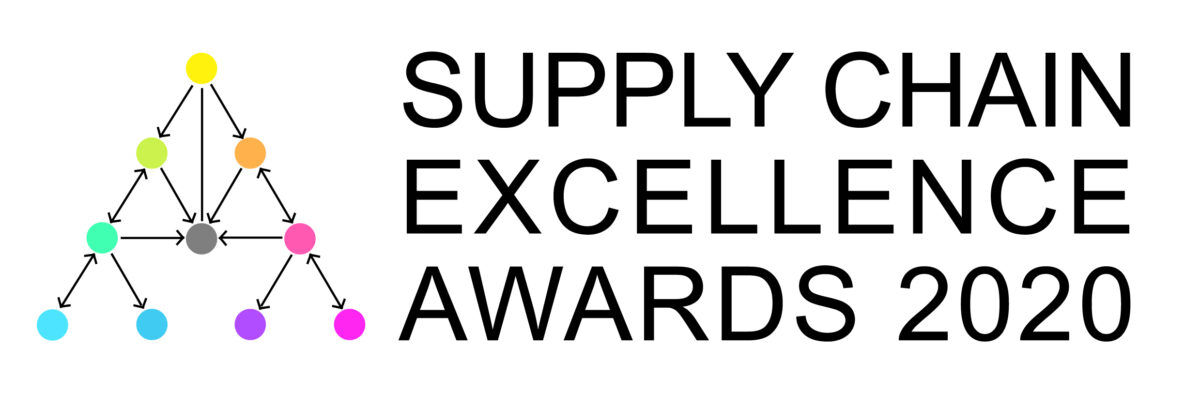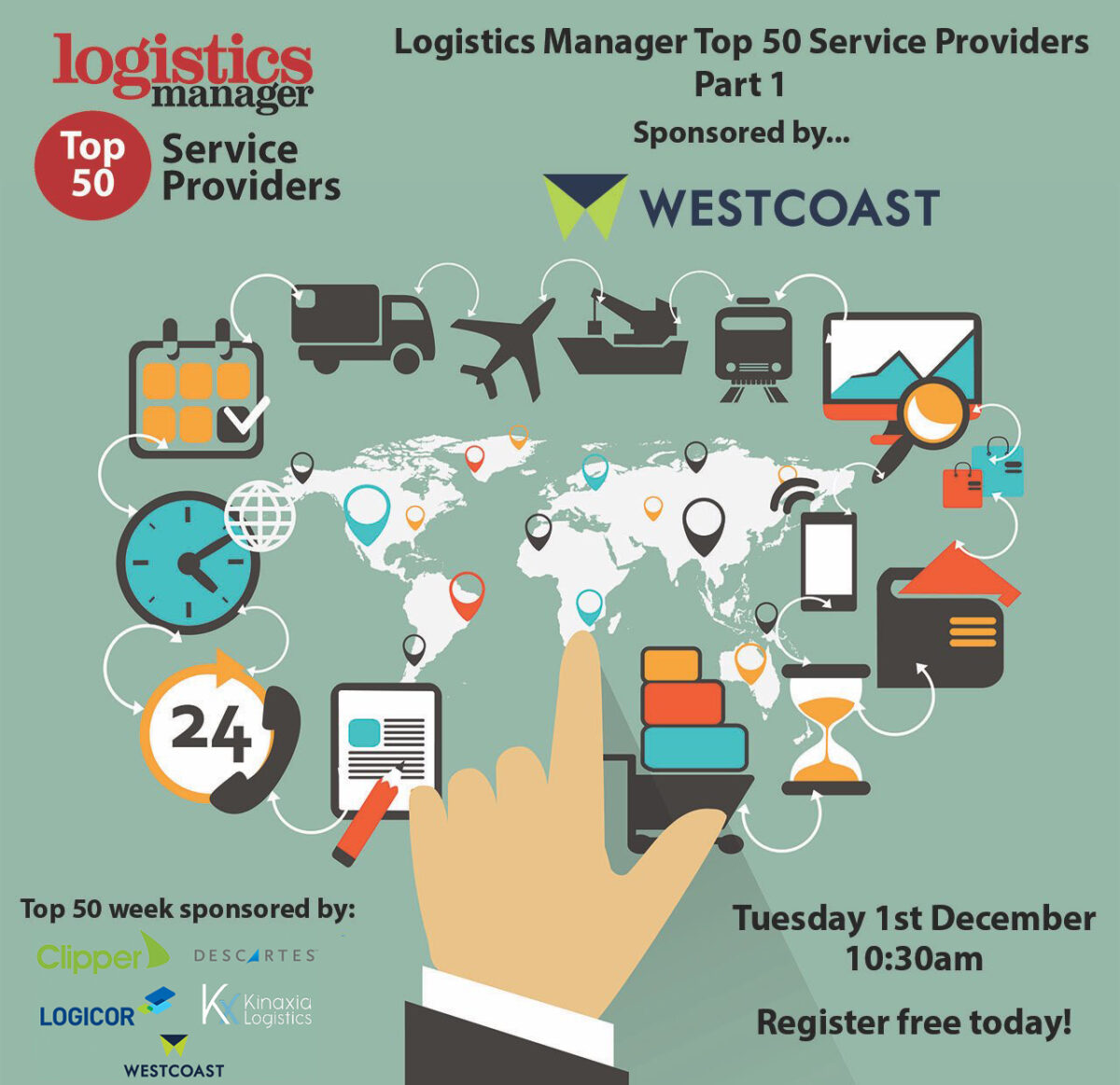‘We are so poor in Europe, there is a complete lack of understanding of logistics,’ says the European distribution director for Columbia Sportswear Europe
Author: Alexandra Leonards
Manufacturers are going to have to do more to earn a crust from the lucrative auto after-market with the lifting of block exemption. Dealers will be flying their own flags.
The internet could play a bigger part than you think in the car of our dreams. The networked car could soon be a reality. If you’re a manufacturer, dealer or supplier, take a look into the future, imagine this…
The major car manufacturers rely on a business model unsuited to today’s mature car markets – demand is no longer greater than supply. Clearly, a new strategy to make and supply is required if manufacturers are to pull out of the red.
Though still cost-obsessed, the auto industry’s inbound supply chain has slipped from its pre-eminent position and could now learn a few things from other sectors. Perhaps the delivery standards of supermarkets could apply?
With little sign that the automotive industry is going to solve its overcapacity problems anytime soon, supply chain efficiency will remain one of the prime areas for maintaining margins – and that means a focus on information visibility.
Despite its poor reputation, outsourced procurement is an increasingly valid option – relationships are the key
The last month has seen many of the largest European logistics companies release their financial results for the full year 2003. Largest of them all, Deutsche Post, announced that it exceeded €40 billion in revenues for the first time.
Not that long ago the dream of automating procurement for indirect, and even direct, goods was seen as not far off. So why is this Utopia so illusive, and how can it be attained? There may be a simple answer.
Defining Fourth Party Logistics seems as difficult as implementing it. However, despite the continuing debate, Frost & Sullivan’s latest report shows that the way ahead is becoming clearer for 4PL.






